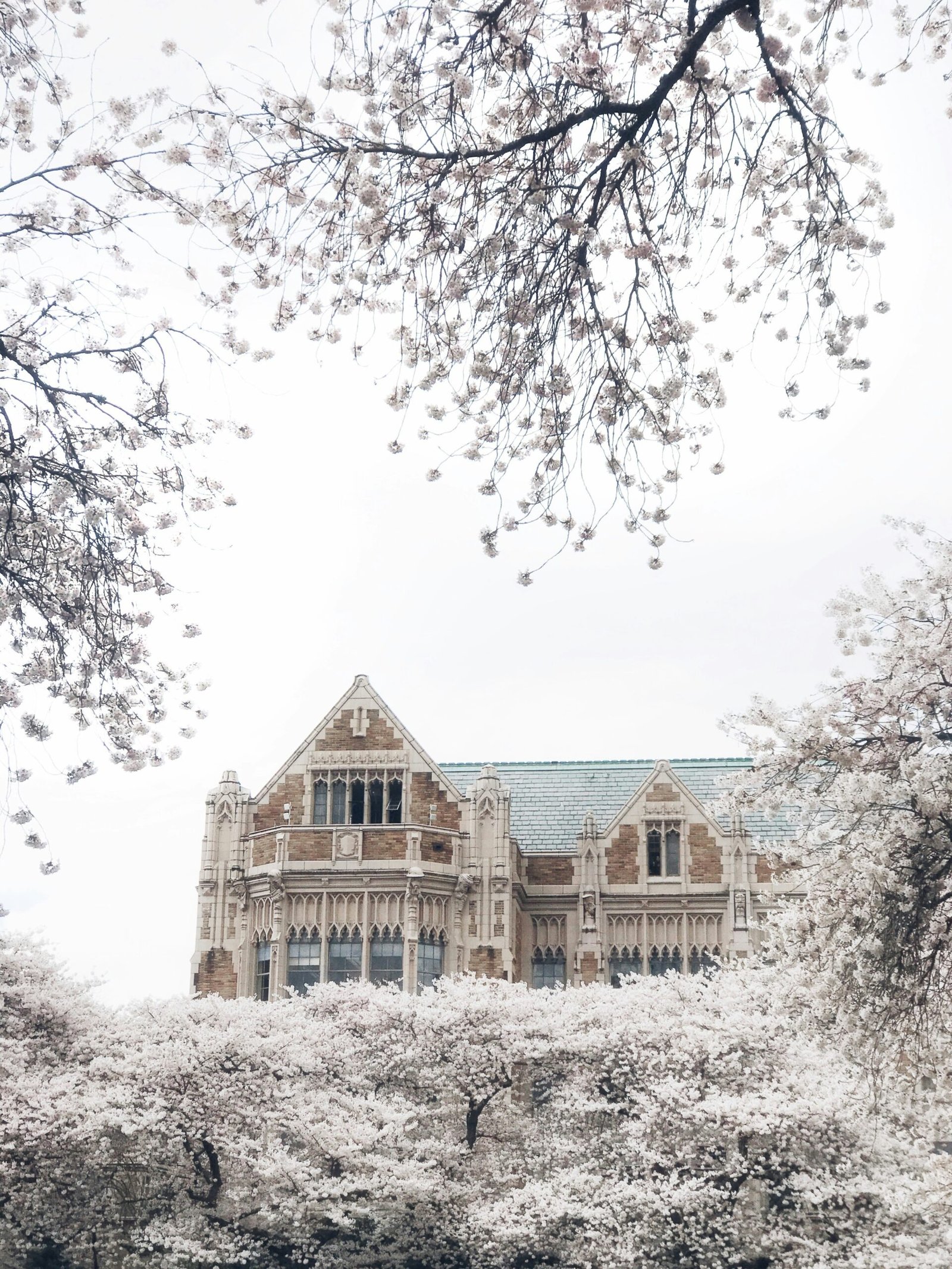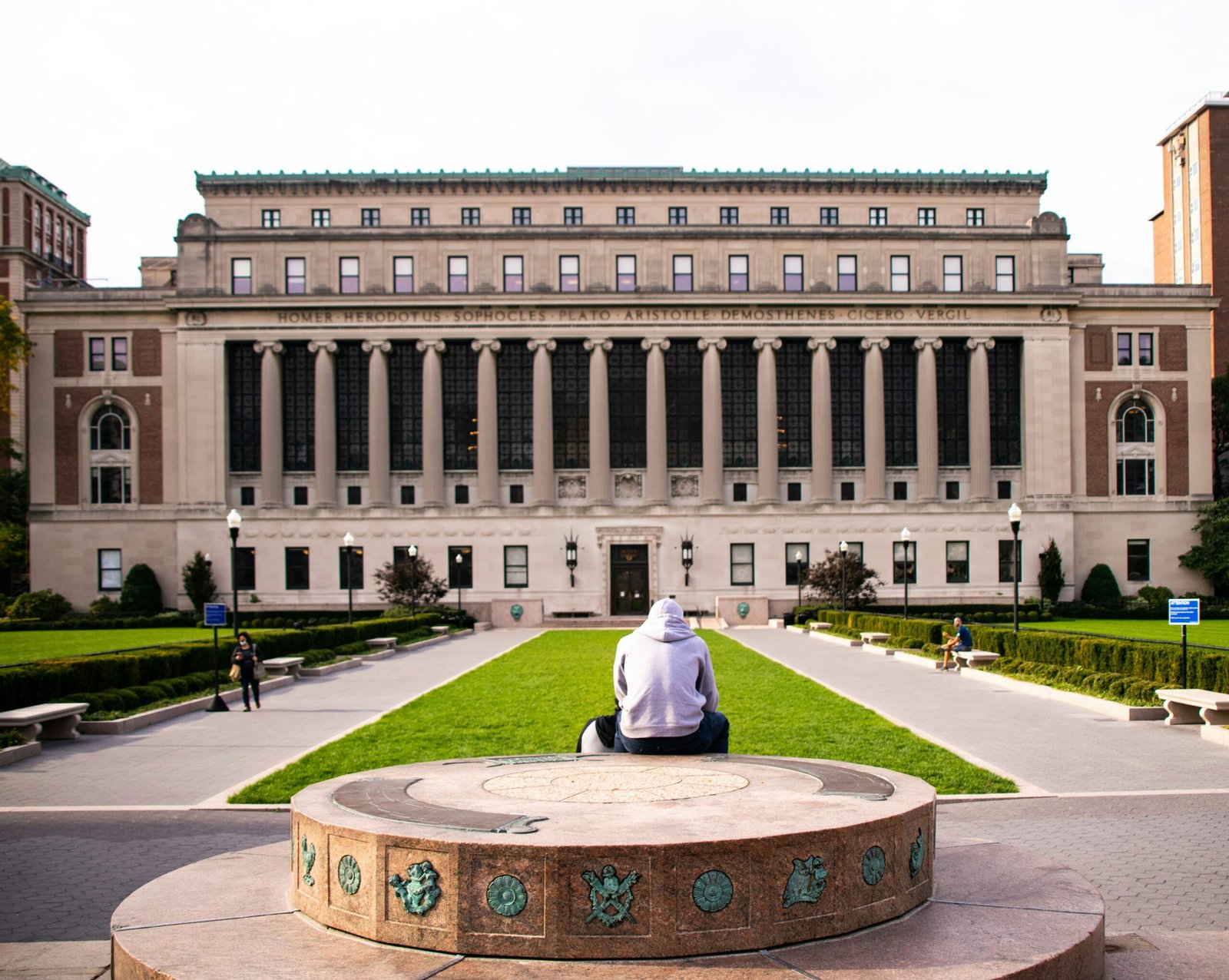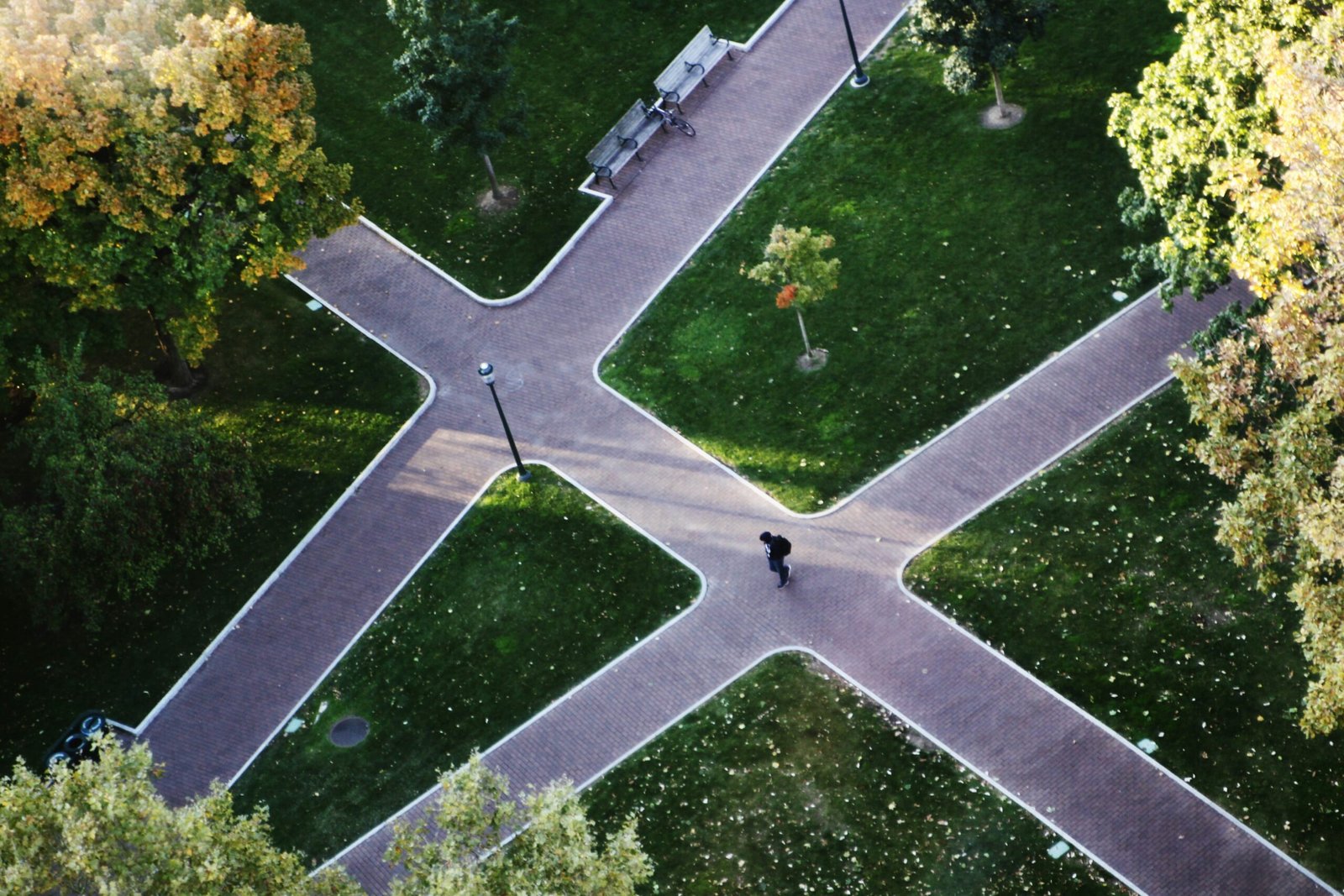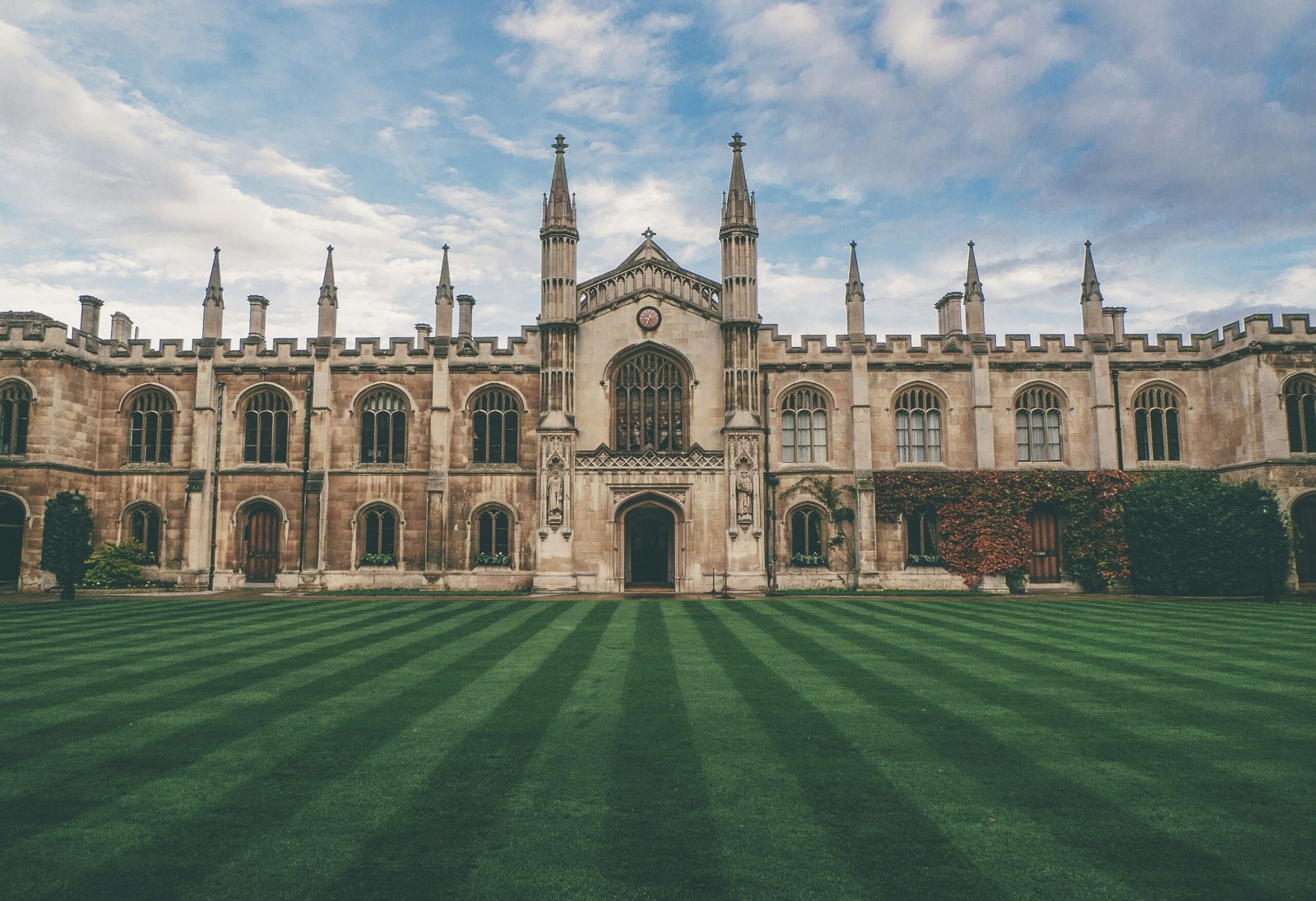
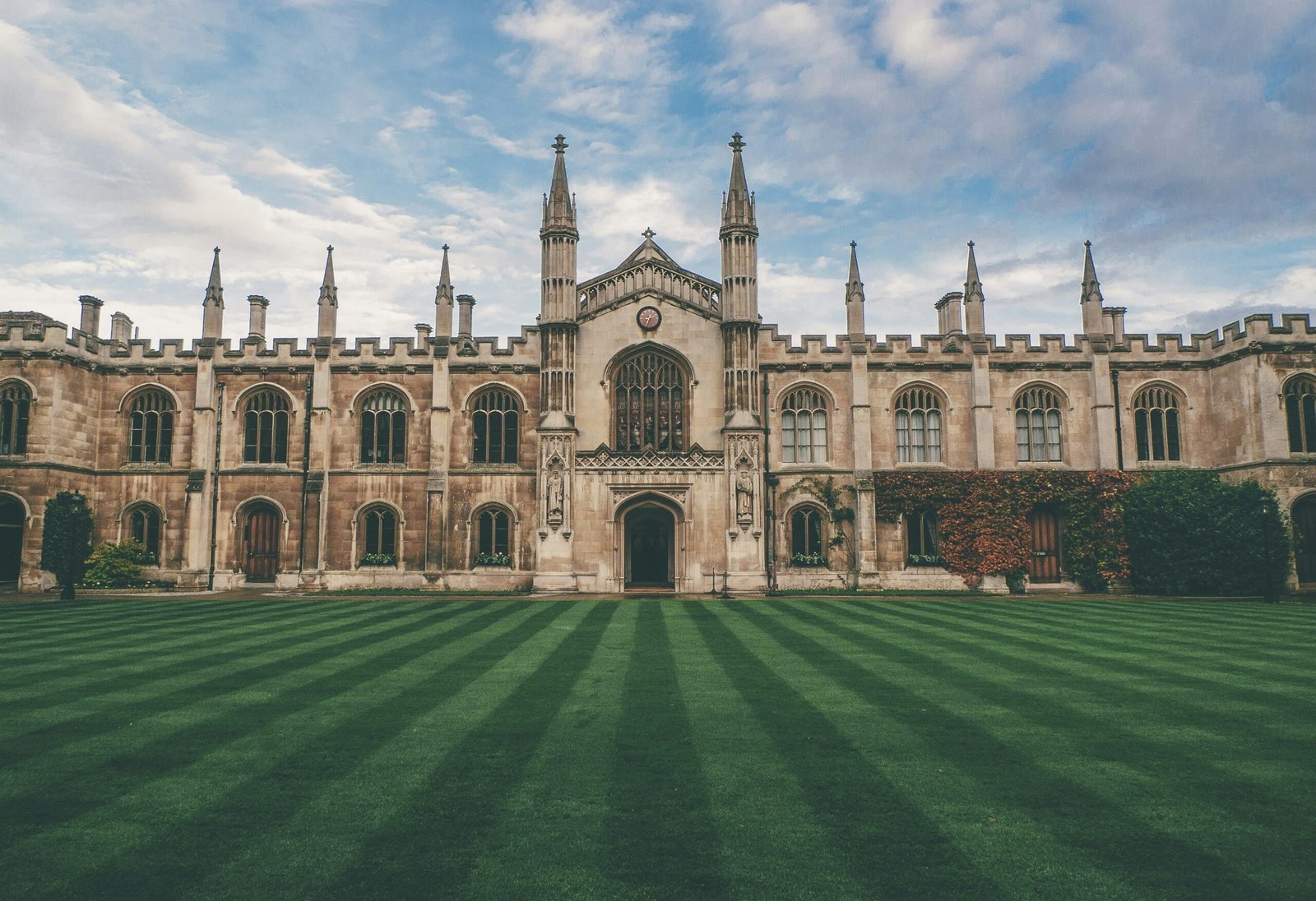
The University of Cambridge, established in 1209, stands as one of the most venerable institutions of higher learning globally. Its origins trace back to a group of scholars who fled from Oxford, seeking refuge from hostile townsfolk. This contingent of academics laid the foundation for what would become a cornerstone of intellectual pursuit. By the early 13th century, Cambridge had already begun to distinguish itself, attracting scholars and students from across Europe.
Throughout its early years, the University of Cambridge experienced significant growth, both in terms of its academic reputation and physical infrastructure. One of the pivotal moments in its history was the establishment of its first college, Peterhouse, in 1284. This set a precedent for the collegiate system that now defines Cambridge, with each college functioning as an independent entity within the university. Over the centuries, additional colleges were founded, each contributing to the university’s rich tapestry of culture and scholarship.
Key historical figures have indelibly shaped Cambridge’s legacy. Figures such as Sir Isaac Newton, who was a fellow at Trinity College, made groundbreaking contributions to science and mathematics. Similarly, Charles Darwin, an alumnus of Christ’s College, revolutionized the field of biology with his theory of evolution. These luminaries, among many others, have cemented Cambridge’s reputation as a crucible for innovation and thought leadership.
The architectural evolution of the University of Cambridge reflects its storied past. From the medieval structures of King’s College Chapel, with its iconic gothic architecture, to the neoclassical grandeur of the Senate House, the campus is a living museum of architectural styles. These buildings not only serve academic and administrative purposes but also embody the university’s enduring legacy and its adaptation through various historical epochs.
In its role as a pioneer in higher education, Cambridge has continually shaped academic standards and practices. Its emphasis on rigorous scholarship and research has set benchmarks that many institutions worldwide strive to emulate. The University of Cambridge’s historical trajectory is not merely a chronicle of academic achievements but also a testament to its profound influence on the global educational landscape.
Academic Excellence: Faculties, Research, and Innovation
The University of Cambridge has long been synonymous with academic excellence, setting a global benchmark for rigorous standards and pioneering research. The university is structured into six Schools – Arts and Humanities, Biological Sciences, Clinical Medicine, Humanities and Social Sciences, Physical Sciences, and Technology – each fostering an environment of intellectual rigor and innovative thought. These Schools encompass a plethora of departments and institutes, offering a broad spectrum of undergraduate and postgraduate programs that attract scholars from around the globe.
Cambridge’s commitment to research and innovation is evidenced by its extensive network of research centers and institutes. For instance, the Cavendish Laboratory has been at the forefront of physics research, contributing to seminal discoveries such as the structure of DNA and the development of the quantum theory. Similarly, the Department of Engineering is renowned for its advancements in technology and engineering, often collaborating with industry leaders to push the boundaries of innovation.
In the realm of literature and the arts, the Faculty of English has produced numerous influential writers and critics. The university’s emphasis on interdisciplinary research is also reflected in the Centre for Research in the Arts, Social Sciences, and Humanities (CRASSH), which facilitates collaborative projects across various fields of study, enriching the academic tapestry of Cambridge.
Notable contributions to global knowledge and innovation from Cambridge include the discovery of the electron by J.J. Thomson, the formulation of the laws of motion and universal gravitation by Sir Isaac Newton, and the pioneering work in artificial intelligence. These groundbreaking achievements underscore Cambridge’s role as a crucible of intellectual progress and its impact on a multitude of disciplines.
In essence, the University of Cambridge continues to be a beacon of academic excellence, fostering an environment where cutting-edge research and innovation thrive. Its contributions to science, technology, literature, and beyond have not only advanced human understanding but have also laid the groundwork for future discoveries and innovations.
Student Life at Cambridge: Traditions, Societies, and Daily Life
Student life at the University of Cambridge is a unique amalgamation of rigorous academics intertwined with rich traditions that have been preserved over centuries. The experience begins with the traditional Matriculation Ceremony, a formal event welcoming new students into the university’s historical fabric. These traditions, such as formal hall dinners and May Balls, create a sense of belonging and continuity among students, connecting them to the university’s storied past.
Beyond these time-honored ceremonies, student societies and clubs play a pivotal role in shaping the Cambridge experience. The university boasts over 700 student-run societies, catering to a wide array of interests, from academic and professional organizations to arts, sports, and cultural clubs. These societies offer students opportunities to pursue passions beyond their academic coursework, fostering a well-rounded and vibrant student life.
Balancing the academic pressures with social activities is an inherent part of the Cambridge experience. The demanding nature of Cambridge’s academic programs is well-known, but the university provides robust support systems to help students manage these pressures. Each college has a dedicated pastoral team, including tutors and counselors, who offer guidance and support. Additionally, the Cambridge University Students’ Union (CUSU) provides resources and advocates for student welfare, ensuring that help is always available.
